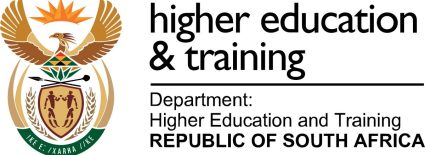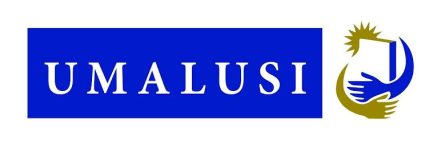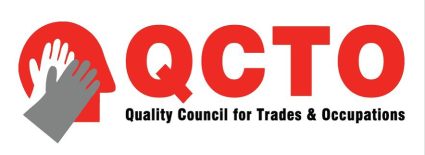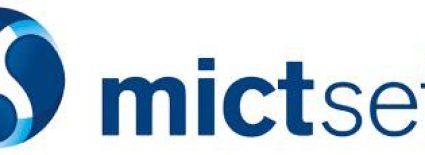BASIC COMPUTER SKILLS COURSE
Basic Computer Skills Course is a skills programme, which consist of Unit standards which are registered on SAQA database and are accredited by the Media, Information and Communication Technologies Sector Education and Training Authority (MICT SETA). On Completion, you will receive statements of results from MICT Seta
Key Features
- Fully-accredited, successful registered qualifications
- Flexible learning environment
- Online student community
- Quality education
- Affordable fees
- Set your own pace
- Remote accessibility to online resources
COURSE OVERVIEW
In today’s technologically oriented economy, it’s no surprise that employees with strong computer skills fare better in the job market than their tech challenged counterparts. This trend influences hiring for virtually all jobs, not just technology-centered positions.
When you’re job hunting, employers are going to want to know about your computer skills. That’s because no matter what the position is, computers will almost certainly be involved. Just think about how ever-present computers are, from smartphones to cash registers to the ordering systems at restaurants.
Many traditional jobs are going away in favor of new, technologically-driven jobs. Some of those jobs require highly specialized skills, such as computer programming. Others merely help an office run better, such as email management.
The basic computer skills every job seeker should have are:
Hardware and Software
- Understand the main components of a computer, including input and output devices.
- Understand the function of communication devices such as smartphones and tablets.
- Understand the role of Operating Systems, programs and apps.
Windows
- Turning on the computer and logging on.
- The Windows screen.
- Running programs from the Start Menu.
- Minimising, maximising, moving, resizing and closing windows.
- Logging off and shutting down your computer.
Working with Programs
- Running multiple programs.
- Desktop icons and creating a desktop shortcut.
- Managing programs from the taskbar.
- Closing programs.
File Management
- Managing Windows Explorer.
- Creating, moving, renaming and deleting folders and files.
- Understanding file extensions.
- Viewing storage devices and network connections.
- Managing USB flash drives.
Word Processing
- Creating documents in Microsoft Word.
- Typing text, numbers and dates into a document.
- Easy formatting.
- Checking the spelling in your document.
- Making and saving changes to your document.
Spreadsheets
- Understanding spreadsheet functionality.
- Creating spreadsheets in Microsoft Excel.
- Typing text numbers and dates into a worksheet.
- Easy formulas.
- Easy formatting.
- Charting your data.
- Making and saving changes to your workbook.
- Printing a worksheet.
Printing
- Print preview.
- Print settings.
- Managing the print queue.
Using Email
- The Outlook mail screen elements.
- Composing and sending an email message.
- Managing the Inbox.
Accessing the Internet
- Going to a specific website and bookmarking.
- Understanding how to search/Google effectively.
- Copy and paste Internet content into your documents and emails.
- Stopping and refreshing pages.
- Demystifying the Cloud.
- Understanding social media platforms such as Facebook and Twitter.
Method of Study
- Online
- Full Time
- Part-Time
- Correspondence
Programme structure
Module 1 MS Word
UNIT STANDARD TITLE
Use a Graphical User Interface (GUI)-based word processor to format documents
Use a GUI-based word processor to enhance a document through the use of tables and columns
SAQA ID
117924
119078
NQF LEVEL
2
3
CREDITS
5
5
Module 2 MS Excel
UNIT STANDARD TITLE
Use a Graphical User Interface (GUI)-based spread sheet application to create and edit spread sheets
Use a Graphical User Interface (GUI)-based spread sheet application to solve a given problem
SAQA ID
116937
116940
NQF LEVEL
2
3
CREDITS
4
6
Module 3 Internet and E-Mail
UNIT STANDARD TITLE
Use a Graphical User Interface (GUI)-based spread sheet application to create and edit spread sheets
Use a Graphical User Interface (GUI)-based spread sheet application to solve a given problem
SAQA ID
116935
116945
NQF LEVEL
2
2
CREDITS
2
2








